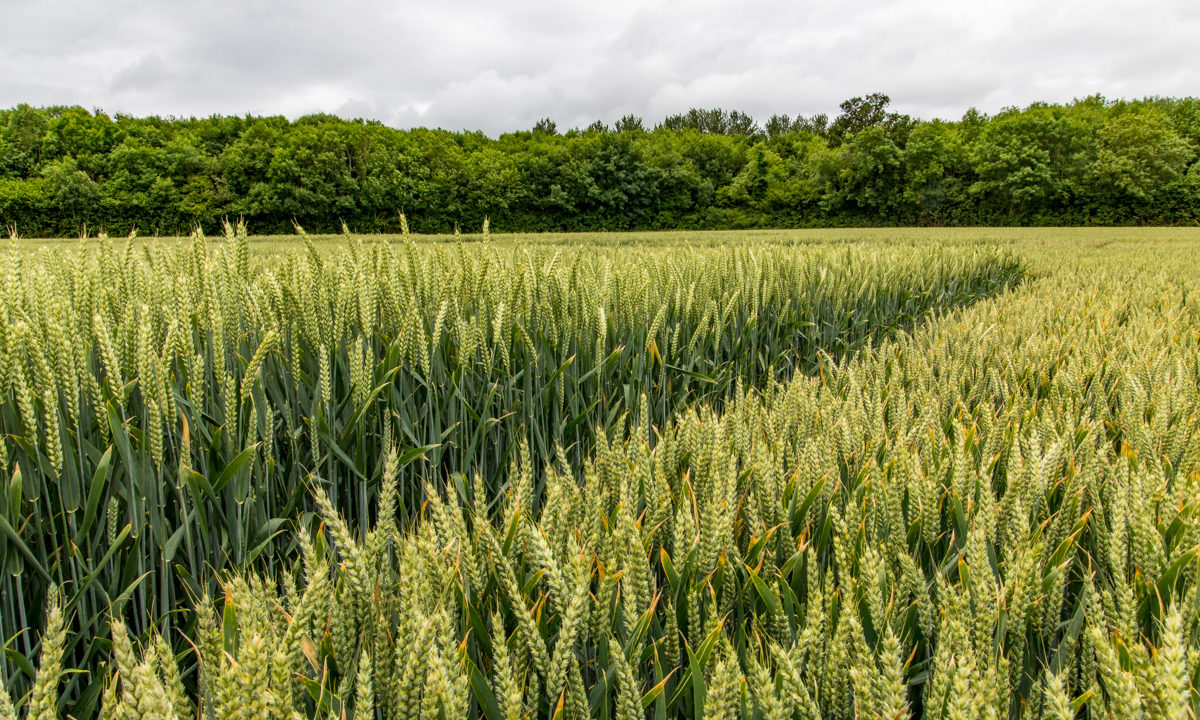The Wheat Initiative (WI) has unveiled its updated Strategic Research Agenda (SRA), courtesy of an event recently held in Berlin.
Created in 2011, following endorsement from the G20 agriculture ministries, the Wheat Initiative provides a framework to establish strategic research and organisation priorities for wheat research at the international level in both developed and developing countries.
The first version of the SRA was launched in 2015, and its short-term objectives have been largely achieved.
The updated SRA refocuses research priorities to address the many challenges facing wheat production today.
Wheat Initiative research
The 2022 SRA outlines global research priorities and options to tackle threats and opportunities facing wheat productivity.
Foremost amongst the challenges according to WI, is the impact of climate change including heat, drought, flooding or untimely frost associated with a highly variable climate.
The SRA presents and highlights the challenges and offers possible solutions through the coordination and combined research efforts undertaken by the research community of the WI.
Leading researchers from around the world have collaborated to create this updated SRA and define its short-, medium- and long-term objectives.
At the official launch, Dr. Burkhard Schmied, head of the Agricultural Production, Horticulture, Agricultural Policy Department of the German Federal Ministry of Food and Agriculture, commented:
“The WI provides all those involved with a great opportunity to join the operation to help strengthen wheat research and consequently also to help ensure global food security.
“There is no doubt that the WI is a successful example of international networking of research on wheat.
“It offers a very good platform as a contact point and a source for information and in this sense, yields a high return on investment.”
The WI was initially conceived by Prof. Dr Frank Ordon, President of the JKI, the German Federal Research Centre for Cultivated Plants.
Also in attendance at the recent event in Berlin was Teagasc’s John Spink. He is chairman of the Coordination Committee, which is driving the WI project.
It has been designed to foster communication between the research community, funders and global policymakers, and aims at securing efficient and long-term investments to meet wheat research and development goals.
WI also initiates and supports activities in order to enhance communication and increase public access to information, resources and technologies linked to the growing of wheat.
The launch of the updated SRA comes at a time when wheat crops across Europe have been impacted very badly by record high temperatures and severe drought conditions.

